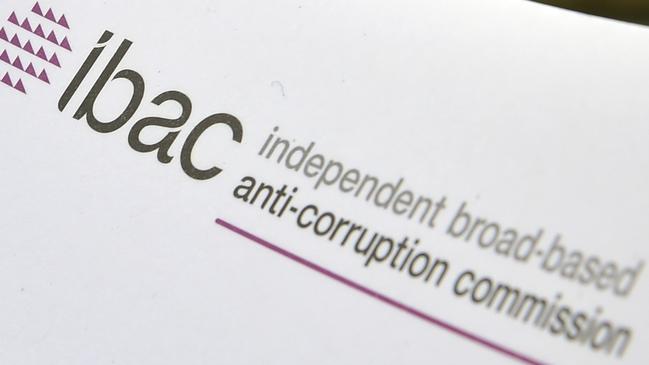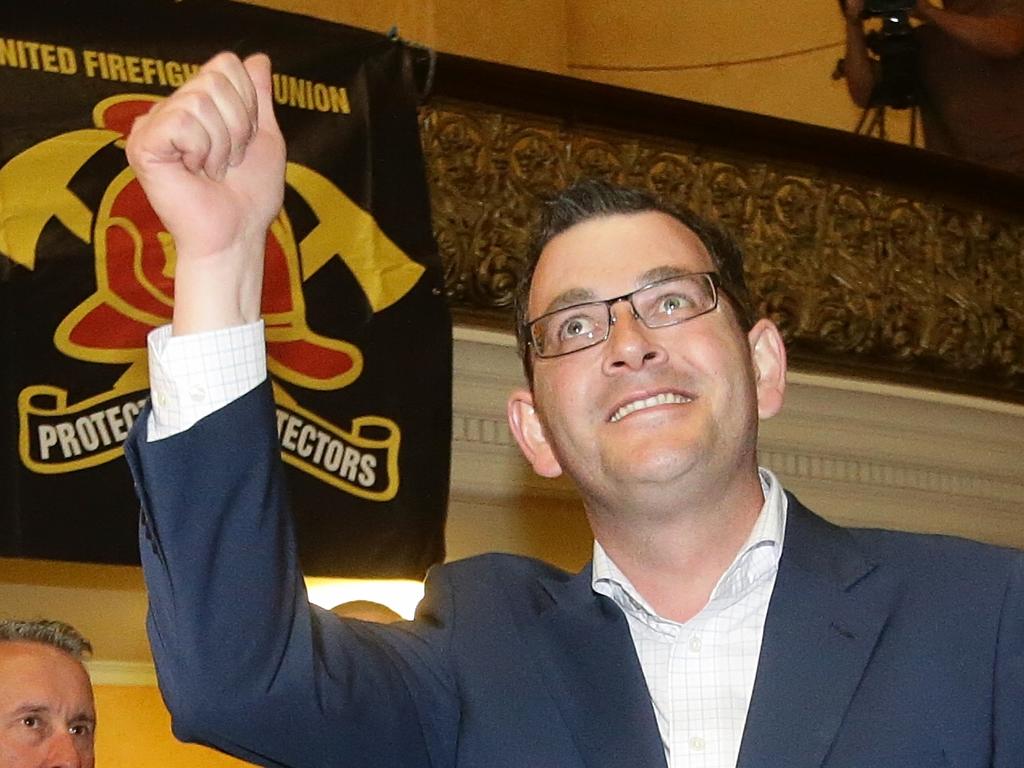Critical stage in Victoria’s Metropolitan Fire Brigade email probe
A marathon and top secret anti-corruption inquiry into the hacking of fire service emails has reached a milestone.

A top secret anti-corruption probe into the alleged hacking of emails and leaking of sensitive information from within the Metropolitan Fire Brigade has reached a critical stage.
The Australian has confirmed Victoria’s Independent Broad-based Anti-corruption Commission has sent witnesses a draft copy of the report seeking their response to the agency’s proposed findings.
The fact the inquiry has reached the point where draft findings are being shared with some witnesses — part of the agency’s “natural justice” process — suggests the report into the marathon inquiry will be tabled in parliament this year.
IBAC launched the inquiry after senior MFB managers became suspicious that their emails and other communications were being hacked.
The anti-corruption agency declined to comment when questioned on Thursday about the progress of the investigation by The Australian. “As a matter of practice, IBAC does not comment on whether it has a complaint or investigation before it,” a spokesperson said.
Figures familiar with the inquiry have told The Australian that MFB chiefs suspected the email system was compromised to access documents linked to a planned overhaul of the service that was likely to lead to the relocation of fire stations.
Their concerns about the security of the email system were triggered early in 2019 when a PowerPoint presentation detailing the proposed use of fire incident response simulation software was leaked to the government prior to its presentation by fire chiefs.
The software maps incident types, response standards and targets for each incident type, appliances that go to each incident, location of fire stations, the number and type of appliances at each fire station, travel times and rostering patterns.
The PowerPoint presentation, dated March 6, 2019, detailed the services a UK-based software firm, Process Evolution, would provide to help implement a sweeping overhaul mapped out in a risk management report commissioned by then chief officer Dan Stephens.
In 2021, The Australian quoted a source with knowledge of the inquiry saying: “How did (the government) get it because it hadn’t been sent to them? They (MFB management) all believed that their emails were being intercepted.”
A second IBAC probe relating to the fire services — codenamed Operation Richmond — is also continuing under tight secrecy. The inquiry is focused on the 2016 EBA negotiations between the Andrews government and the United Firefighters Union.
The EBA negotiations erupted into a full-blown political scandal after it emerged then premier Daniel Andrews sidelined his emergency services minister, Jane Garrett, to lead the talks including personally meeting with UFU state secretary Peter Marshall.
Despite opposition within his own government to the generous workplace deal, Mr Andrews pushed it through, prompting the resignation of Ms Garrett amid speculation it was payback for union support during the 2014 state election, when Labor regained power.
Mr Andrews and IBAC have refused to confirm or deny that he was privately examined as part of Operation Richmond, but The Australian has confirmed that witnesses were questioned about his conduct in the EBA negotiations.






